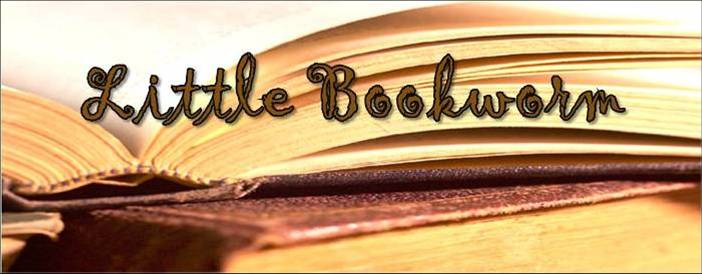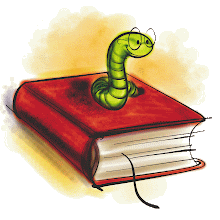Okay, so before you guys think that History & Philosophy of Psyc is the only subject I took last sem, I also took Child Psychology. It's one of my favourite subjects because we studied an individual's physical, emotional, cognitive and social development from pre-birth to adolescence, and the problems and disorders which can occur at the various stages of development. Plus, my lecturer is a practicing psychologist from Canada, so he made it interesting by giving real-life examples instead of the same stuff which is already in the textbook.
So anyway, here are some of the stuff we learnt:
We learnt so many things about newborns and pregnant mothers and labour that I don't even know where to begin. Newborns are usually assessed using the Apgar Scale, which assesses the newborn's physical condition by measuring the pulse, breathing, muscle tone, general reflex response, colour of skin, etc.

Among an infant's primary emotions are smiling, laughing and crying.

A child's handedness (whether the child is a righty or lefty) can be determined at an early age. You can see in the picture that this girl is a righty.

Educational toys can help children to develop and improve their skills at an early age. Check out her motor skills too, among which is her ability to grip/hold objects.

When talking with babies, adults tend to use "baby language" to elicit a cooing response from the baby.
Language functions as a tool for children to convey their needs. Sometimes children also use it as a form of escapism, such as talking on their own, or while playing with their toys.
Eating disorders: Some children have problems eating - whatever attempt the parents make at forcing them to eat does not work. However, there are also children who overeat, thereby becoming obese/overweight.
Try observing a baby when he is left alone. One second he's looking at something in front of him, the next he's looking on the floor, the next he's looking upwards.
This 1-year-old is in Piaget's sensory motor stage of development. She is exploring the object (it's just a bench) and has discovered that she can climb onto it.
An older sibling can also help in teaching his little brother stuff such as constructing sentences, or opening the water bottle.
Credits to the mini models: Cousins Fawwaz, Zain, Fida and Hanif; "niece" Daania; brothers Zulfadhli and Basyir; and siblings Nusaibah, Rumaisa', Basyir and Hassan.
Credits to the XL model: my father. :-)







